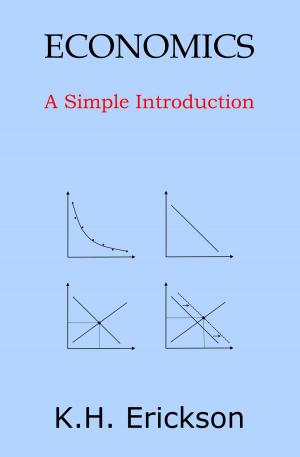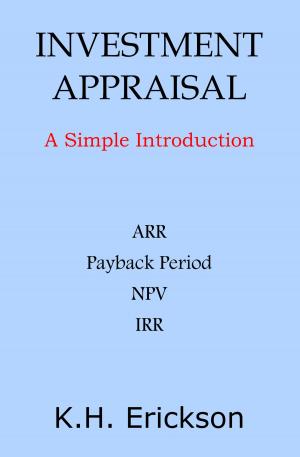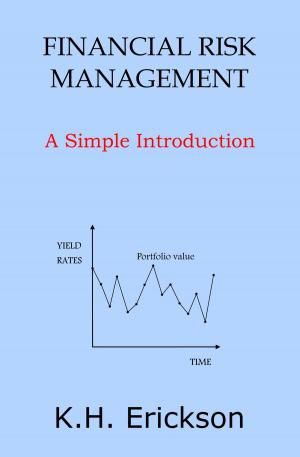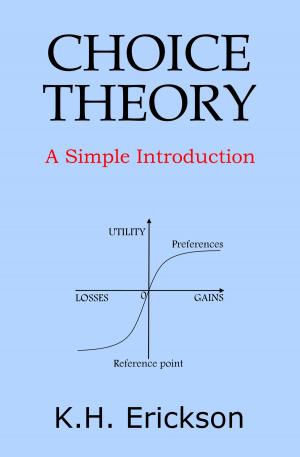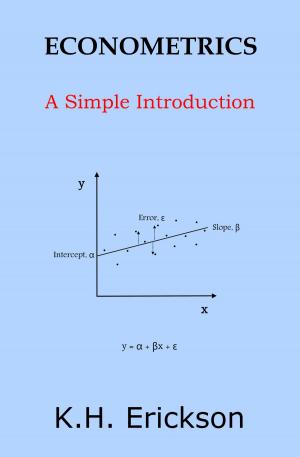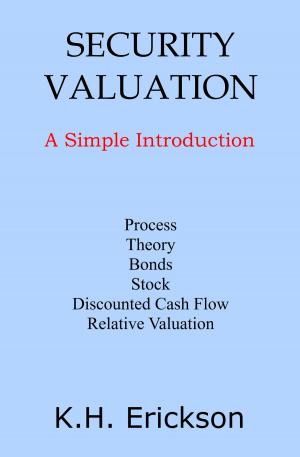Financial Economics: A Simple Introduction
Business & Finance, Finance & Investing, Corporate Finance, Economics, Theory of Economics| Author: | K.H. Erickson | ISBN: | 9781311571991 |
| Publisher: | K.H. Erickson | Publication: | October 25, 2013 |
| Imprint: | Smashwords Edition | Language: | English |
| Author: | K.H. Erickson |
| ISBN: | 9781311571991 |
| Publisher: | K.H. Erickson |
| Publication: | October 25, 2013 |
| Imprint: | Smashwords Edition |
| Language: | English |
Financial Economics: A Simple Introduction offers an accessible guide to the central ideas and methods of financial economics, with examples and calculations, empirical evidence, and over 20 diagrams to support the analysis.
Understand consumption and investment decisions, intertemporal choice, indifference curves and the marginal rate of substitution, production possibilities and the marginal rate of transformation, rates of return, the financial market line, borrowing and lending, and the Fisher Separation Theorem.
Portfolio theory examines expected returns, standard deviation and variance risk, covariance, correlation, asset diversification, market portfolio, a risk-free asset, the capital market line, and the Tobin Separation Theorem.
The capital asset pricing model (CAPM) explores diversifiable and non-diversifiable risk, the beta risk factor, calculation of an asset’s expected return, the security market line, asset evaluation, and empirical evidence on the CAPM.
Market efficiency looks at the efficient market hypothesis (EMH), weak, semi-strong, and strong form efficiency, and the literature on technical and fundamental analysis strategies to beat the market.
Financial Economics: A Simple Introduction offers an accessible guide to the central ideas and methods of financial economics, with examples and calculations, empirical evidence, and over 20 diagrams to support the analysis.
Understand consumption and investment decisions, intertemporal choice, indifference curves and the marginal rate of substitution, production possibilities and the marginal rate of transformation, rates of return, the financial market line, borrowing and lending, and the Fisher Separation Theorem.
Portfolio theory examines expected returns, standard deviation and variance risk, covariance, correlation, asset diversification, market portfolio, a risk-free asset, the capital market line, and the Tobin Separation Theorem.
The capital asset pricing model (CAPM) explores diversifiable and non-diversifiable risk, the beta risk factor, calculation of an asset’s expected return, the security market line, asset evaluation, and empirical evidence on the CAPM.
Market efficiency looks at the efficient market hypothesis (EMH), weak, semi-strong, and strong form efficiency, and the literature on technical and fundamental analysis strategies to beat the market.


